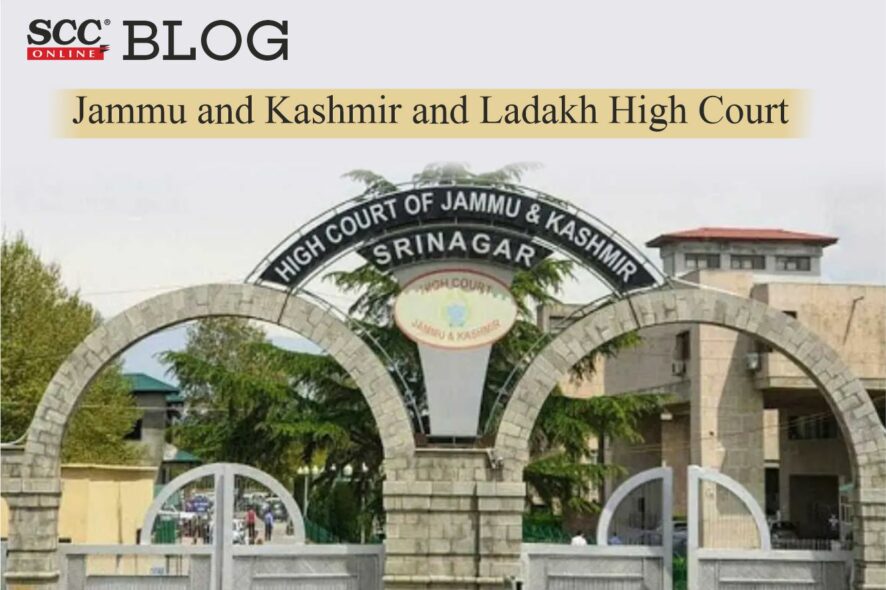Jammu and Kashmir and Ladakh High Court: While deciding the instant petition wherein the Court was faced with the issue that whether it has the power to quash the proceedings, particularly when some of the offences alleged to have been committed by petitioner and others are non-compoundable in nature; the Bench of Sanjay Dhar, J., observed that where the offender and the victim have settled their disputes and the possibility of conviction is bleak, then regarding the continuation of criminal proceedings in such cases where the wrong is basically private or personal in nature, the High Court will be within its jurisdiction to quash the criminal proceedings if it is known that because of the compromise arrived at between the parties, there is remote possibility of securing conviction of the accused.
Petitioner No. 2 (husband) and Respondent No. 3 (wife) got married in Jammu in accordance with Hindu customs and rituals. However, due to some personal differences and disputes, Respondent No.3 came out of the matrimonial society of Petitioner No.2 and started living separately, and thereafter lodged a FIR in 2016 against the petitioners for offences under Section 498-A and 106 of Ranbir Penal Code.
During pendency of the proceedings in pursuance of the abovementioned FIR, the parties arrived at a compromise and settled their disputes amicably. Based on the compromise, the parties approached the Court for quashment of the FIR.
The counsel for the petitioner contended that the offences alleged in the impugned FIR could not be compounded because they are non-compoundable in nature; which is why the petitioners have approached the Court for seeking quashment of the impugned FIR and the consequent proceedings.
Perusing the facts and contentions of the matter, the Court relied on Gian Singh. v. State of Punjab, (2012) 10 SCC 303, wherein it was observed that the power of the High Court in quashing a criminal proceeding or FIR or complaint in exercise of its inherent jurisdiction is distinct and different from the power given to a criminal court for compounding the offences.
The Bench further observed that the Supreme Court has clearly observed in several cases that it would amount to extreme injustice if, despite settlement having been arrived at by the parties, a criminal proceeding is allowed to continue.
With regards to the issue at hand, the Bench noted that it is clear that the parties to the matrimonial dispute have entered into a compromise. Merely because the offences alleged in the FIR are non-compoundable, if an end is not put to the criminal proceedings, it would amount to grave injustice to the petitioners and, in fact, it will amount to ‘frittering away of the fruits of compromise’ that has been arrived at between Petitioner No.2 and Respondent No. 3.- “The continuance of criminal proceedings against the petitioner, in these circumstances, will be nothing but an abuse of process of law”.
With the afore-stated observations, the Court allowed the petition and considering the compromise reached between the parties, the impugned FIR filed by the respondent was quashed.
[Pinky Jain v. UT of Jammu and Kashmir, 2022 SCC OnLine J&K 785, decided on 28-09-2022]
Advocates who appeared in this case :
Rahul Agarwal, Advocate, for the Petitioners;
Pawan Dev Singh, Advocate, for the Respondents 1 & 2;
Respondent No. 3 in person.
*Sucheta Sarkar, Editorial Assistant has prepared this brief.







